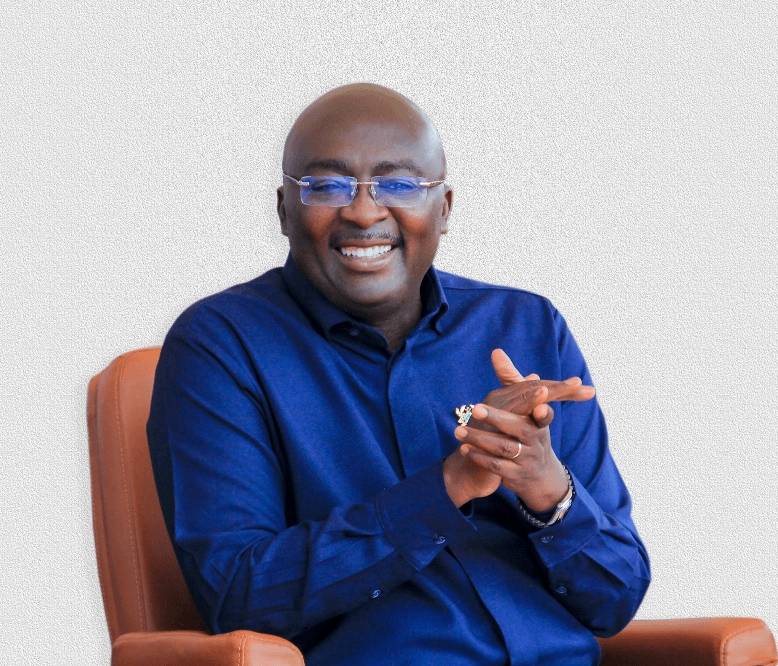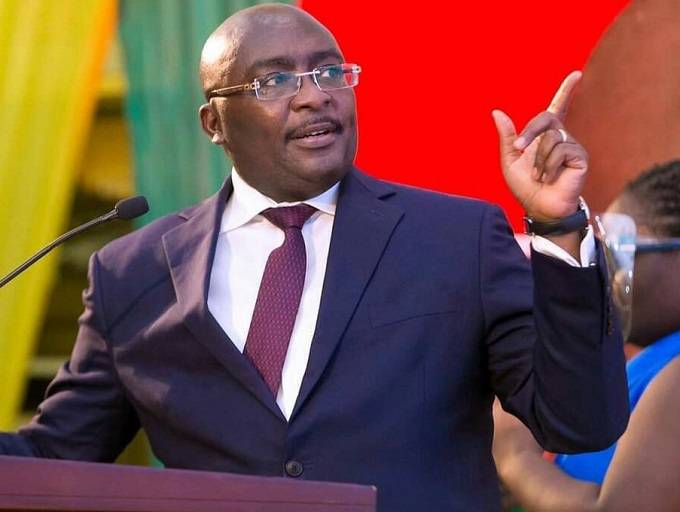Vice President and New Patriotic Party (NPP) presidential candidate Dr. Mahamudu Bawumia has sparked heated discussions with his latest critique of the opposition National Democratic Congress (NDC) regarding Ghana's economic woes. Speaking during a campaign event, Bawumia admitted that the NPP government has faced challenges managing the cedi but argued that the NDC’s tenure was far worse. He cited figures to support his claim, stating that between 2013 and 2016, under NDC rule, the cedi depreciated by an average of 17.7% annually. By contrast, under the NPP, between 2017 and 2021, the annual depreciation rate was reduced to an average of 6.8%, despite external shocks like COVID-19 and the Russia-Ukraine war.
Bawumia's remarks appear aimed at framing the NPP as better economic managers, even in the face of global challenges. He highlighted that the NDC failed to maintain economic stability during a relatively calm international environment, underscoring what he described as weak fundamentals under their administration. This narrative positions the NPP as a more competent alternative, especially as the country prepares for elections in 2024.
However, critics have not taken Bawumia’s comments lightly. They argue that his focus on percentage depreciation alone is misleading, as it ignores the everyday realities faced by Ghanaians. Under both administrations, the cost of living has skyrocketed, inflation has surged, and the purchasing power of citizens has been significantly eroded. The current economic crisis, which includes inflation exceeding 54% and persistent depreciation of the cedi, has led to growing discontent, with many questioning the government’s ability to manage the economy effectively.
Bawumia's defense of the NPP comes amid protests against the Bank of Ghana, accusations of financial mismanagement, and public frustration over mounting debt. Analysts suggest that his strategy of blaming the NDC, while emphasizing the NPP’s relative success, is part of a broader effort to solidify his bid for the presidency. However, with economic hardship dominating public discourse, convincing voters that his administration has been the lesser of two evils could be an uphill task.
As the 2024 elections draw closer, Bawumia’s statements have set the tone for what promises to be a fiery political season. While he seeks to assure Ghanaians of his party’s competence, the opposition is likely to counter with its own narratives, making the battle for economic credibility a central theme in the upcoming polls.


